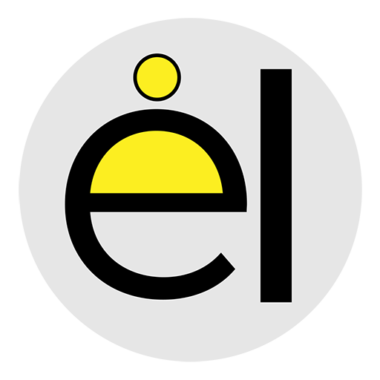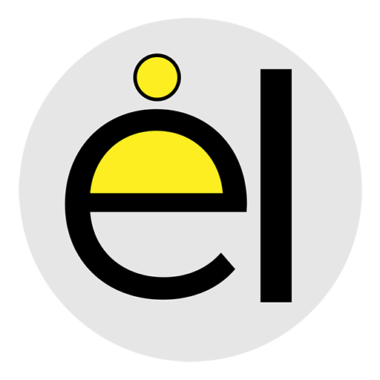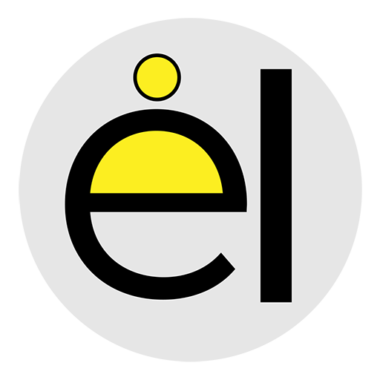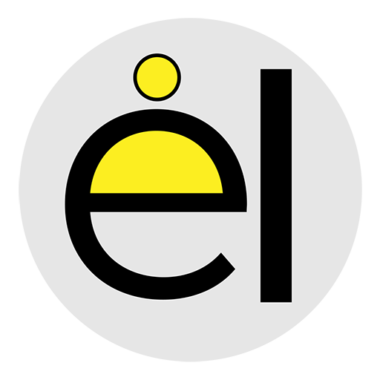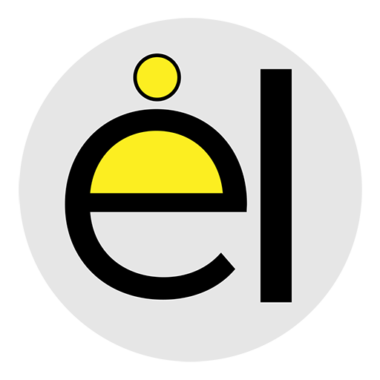Arduino Programmer
A professional skilled in programming microcontrollers using the Arduino platform. Creating custom solutions by writing code to control various sensors, actuators, and other electronic components for a wide range of applications, from hobbyist projects to industrial systems.
Key responsibilities of an Arduino Programmer include:
– Programming Arduino boards: Writing and uploading code to Arduino microcontrollers using the Arduino IDE (Integrated Development Environment).
– Developing hardware projects: Designing and building electronic circuits that interface with Arduino boards to control lights, motors, sensors, and other devices.
– Troubleshooting and debugging: Identifying and resolving issues in both the hardware and software of Arduino-based systems.
– Creating custom solutions: Designing and programming systems for specific applications, such as automation, robotics, IoT devices, or embedded systems.
– Integrating with sensors and actuators: Connecting and programming a variety of sensors (temperature, motion, light, etc.) and actuators (motors, relays, LEDs) to collect data and perform actions.
– Collaborating on project development: Working with other engineers or developers to ensure that the Arduino system integrates seamlessly into larger projects.
Arduino Programmers are essential in the development of interactive and automated systems, enabling innovations in fields such as home automation, robotics, prototyping, and IoT (Internet of Things).
Submit Review
Individual
500GB storage in individual accounts
Enterprise
100TB storage in enterprise accounts
Need 100TB+ storage? Contact us for custom pricing


